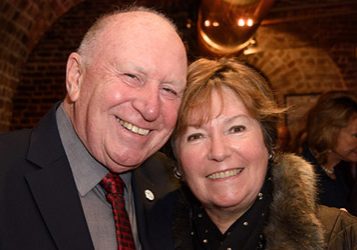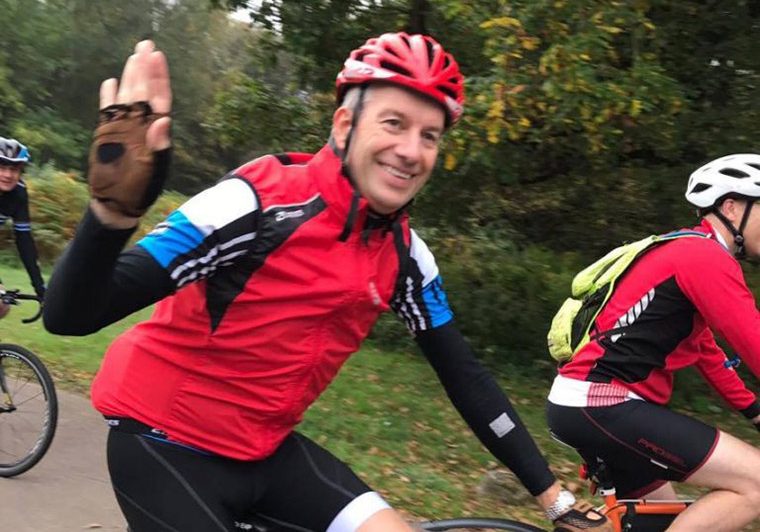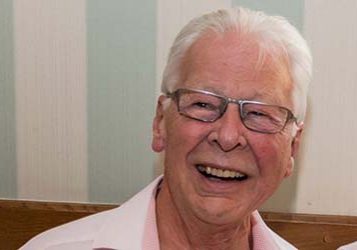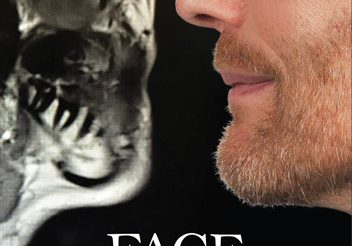Voice was hoarse but throat didn’t hurt – Toby’s cancer story
Early diagnosis following hoarseness symptom
Toby had noticed for around 12 months that his voice had become “husky” and it wouldn’t go away. He was persistent with his GP and got referred for scans and an endoscopy which confirmed that he had a stage 1 vocal chord cancer. The NHS quickly got going and he was sent to the Royal Free and St Bart’s hospital in London for treatment.
“High dose short form” Radiotherapy
Vocal Chord cancer can be treated in a variety of ways but Toby had “High dose short form” radiotherapy every day over a few weeks. He didn’t need to have chemotherapy. Each radiotherapy dose lasted 90 seconds to 2 minutes.
As the treatment progressed his throat was pretty painful and he had difficulties eating and drinking during and few a few weeks after treatment had ended. However, he was able to go back to work part-time after 4 months and full-time after after 5 months.
Toby says “Don’t ignore your symptoms”
Toby’s message to people is “don’t ignore your signs and symptoms” of a change or that something is wrong – do something about it! Go and get it checked out and persevere until you get to the bottom of it and find out why. It’s better to catch the problem at an early stage as the treatment is less brutal than if left to later on.
If you´ve been affected by Toby´s Vocal Chord cancer story
Let’s all take action to prioritize our health and raise awareness for early detection.
If you´re worried about changes in your voice, neck or mouth please refer to our simple “home check” guide.
See also other patient stories to hear about other people diagnosed with Head and Neck Cancers.
Have you got a symptom, are you being diagnosed, going through treatment, or a friend/carer of someone who is?
Please join our private Facebook Group to get support and advice from fellow patients and carers.
#headneckcheck
Regular self-checks play a vital role in the early detection of Head and Neck cancer
Patient Stories
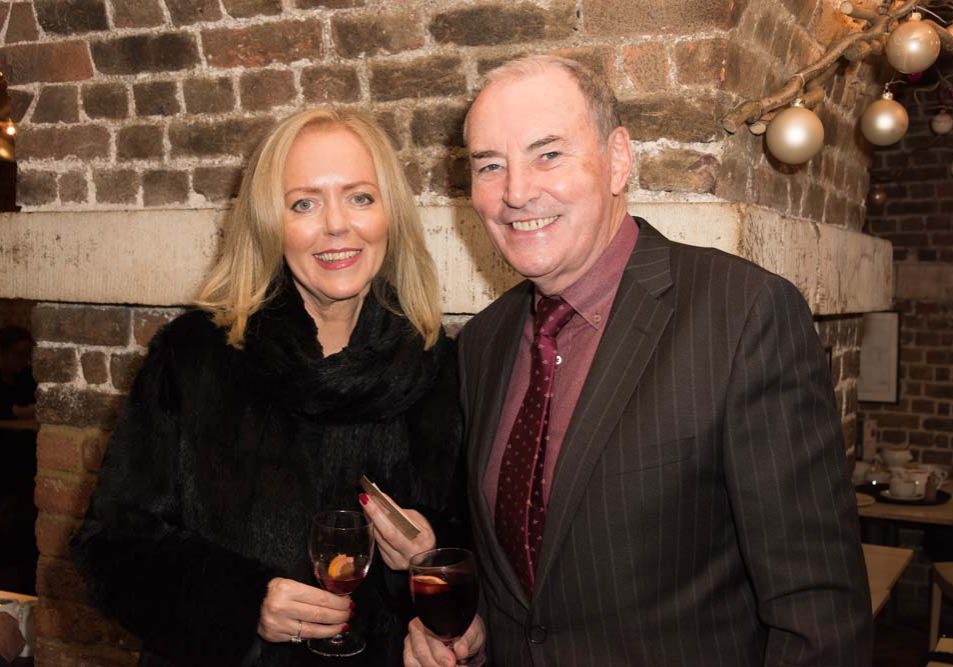
Suzie Cooke – a lesson in not taking ‘no’ for an answer
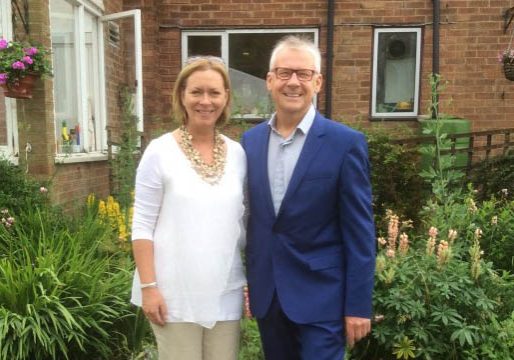
Nigel Lloyd-Jones – being told “you have cancer” is life changing
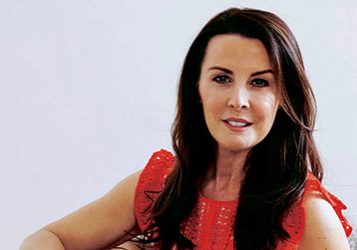
Belinda Gilfoyle – a slow recovery and learning to stay positive

Salivary Ductal Adenocarcinoma news “hit me like a train”




